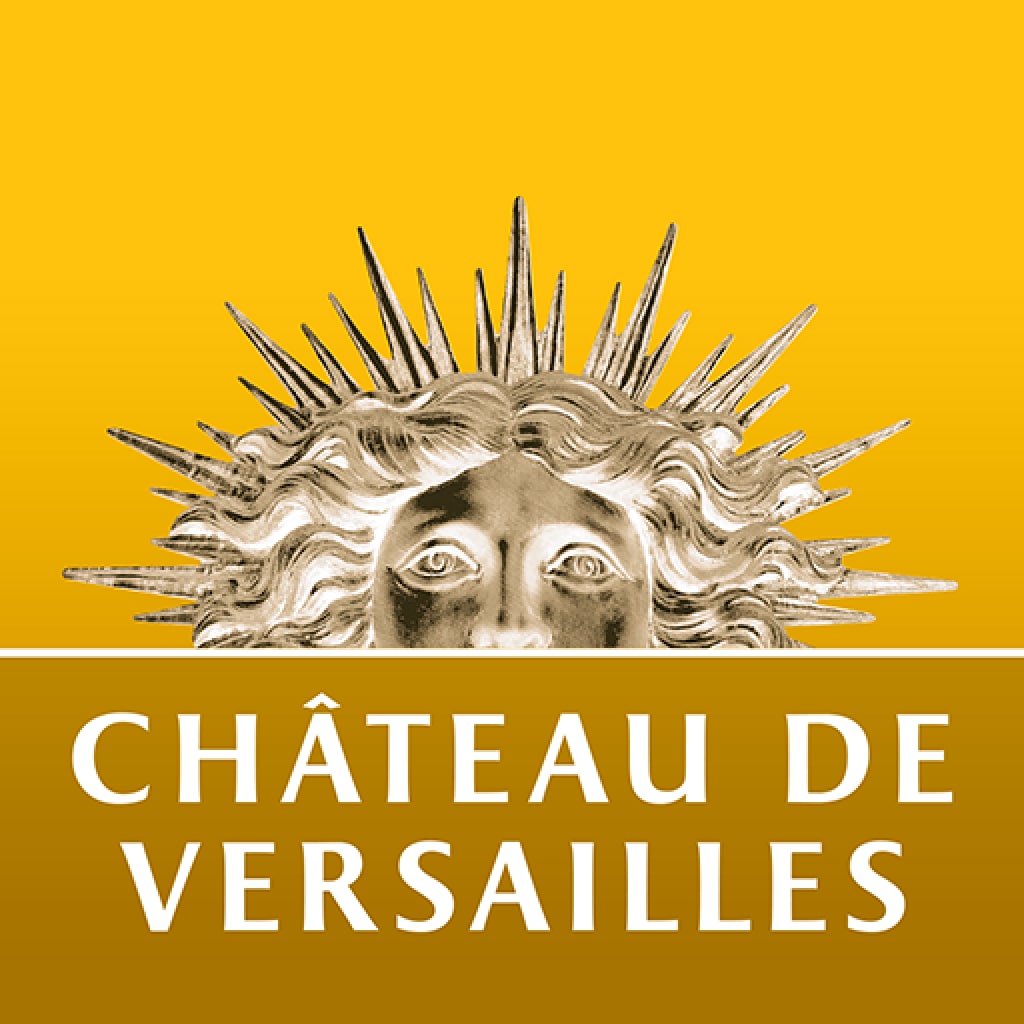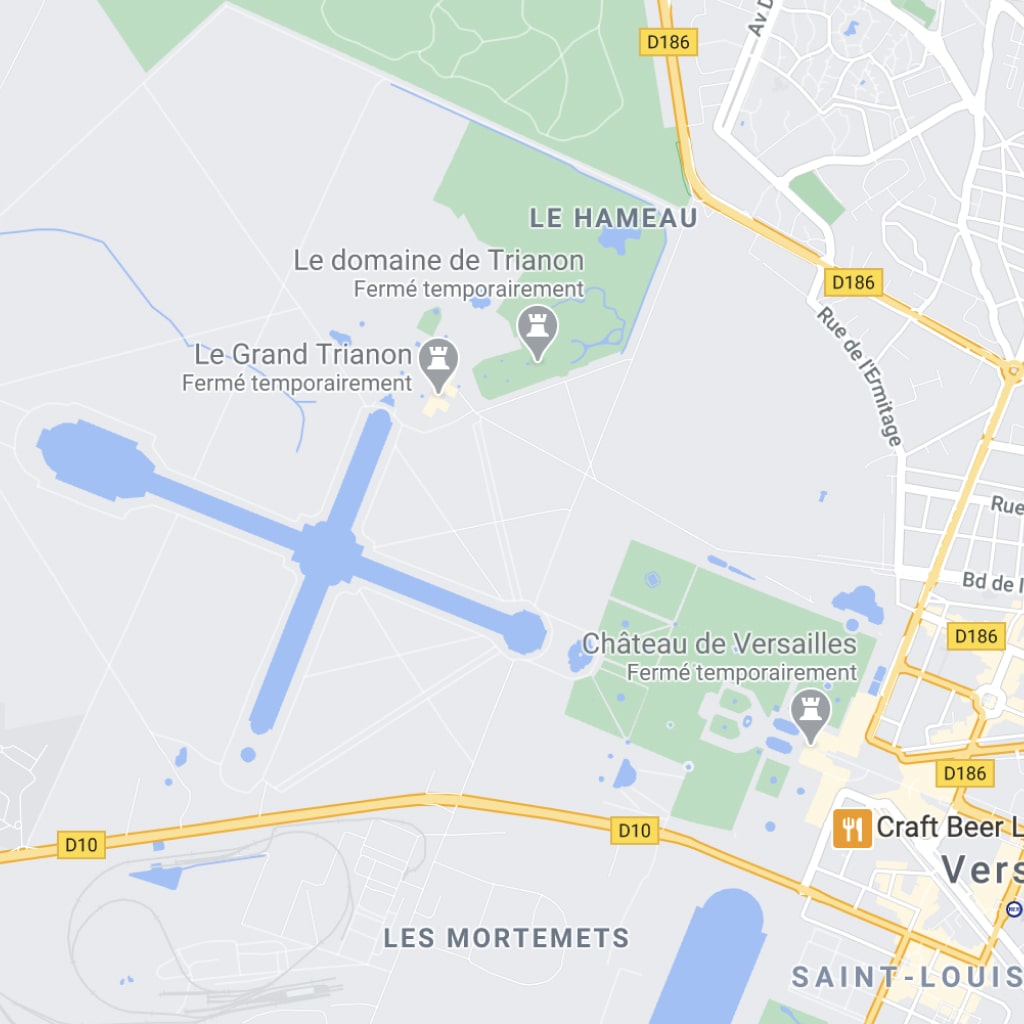On the occasion of the tercentenary of Louis XIV’s death, William Christie and Clément Hervieu Léger created a striking and farcical ballet-comedy: Monsieur de Pourceaugnac. Created by Molière’s company “for the King’s entertainment” on 6th October 1669 in Chambord, this play in three acts revisits some of Molière’s classical themes: marriage, money, illness.

22 and 23 April 2017 - Royal Opera Lully / Molière : Monsieur de Pourceaugnac
Arrived from Limoges to marry young Julie, Pourceaugnac immediately becomes the victim of Sbrigani and Nérine, two schemers paid by the belle’s lover to prevent this pre-arranged marriage from taking place. Falling in turns prey to doctors, an apothecary, a woman from Picardie and another from Languedoc, Swiss guards, lawyers, an exempt, two archers, the unfortunate Pourceaugnac, as confused by the streets of Paris as by the state of his mind, finally has to flee the city disguised as a woman.
Modeled as a simple comedy designed along Italian lines (Policinella pazzo per forza and Pulcinello burlato) with music and dance added, Monsieur de Pourceaugnac is undoubtedly one of Molière’s darkest and most cruel plays: an implacable descent into hell in three acts, leading Pourceaugnac to lose all notion of who he is. The feeling of inescapability of Pourceaugnac’s both tragic and grotesque end, contrasting with Eraste’s and Julie’s felicitous wedding, is considerably reinforced by the place Molière and Lully give to music.
Unlike in other comedy-ballets, music in Monsieur de Pourceaugnac is not just an ornament; it is fully integrated into the play’s dramaturgy. The sung parts must be considered as scenes in themselves and not as mere “interludes” that could be omitted. Masked dancers whirl in carnival-like sarabandes until they lose their mind. For William Christie and Clément Hervieu-Léger, it is the interweaving of music and theatre that makes this work exceptionally interesting. Opera, then in its first days, would little by little place music before theatre, but here, Molière and Lully succeed in creating music from theatre.
PROGRAMME
Jean-Baptiste Lully (1632-1687)
Molière (1622-1673)
Monsieur de Pourceaugnac
Comedy-Ballet in 3 acts by Molière. Music by Jean-Baptiste Lully
First performed at Château de Chambord on 6th October 1669
casting
- Clément Hervieu-Léger Director
- William Christie Musical director and musical design
- Aurélie Maestre Sets
- Caroline de Vivaise Costumes
- Bertrand Couderc Lights
- Jean-Luc Ristord Sound
- Bruno Bouché Choreography
- David Carvalho Nunes Makeup and hair
- Paolo Zanzu Music assistant
- Clémence Boué and Aurélie Maestre Assistant directors
With
- Erwin Aros 2nd musician, the Egyptian man, counter-tenor
- Clémence Boué Nérine
- Cyril Costanzo apothicary, lawyer, archer, bass
- Claire Debono the Egyptian woman, soprano
- Stéphane Facco doctor, Lucette, Swiss guard
- Matthieu Lécroart 1st musician, doctor, lawyer, exempt, bass-baritone
- Juliette Léger Julie
- Gilles Privat Monsieur de Pourceaugnac
- Guillaume Ravoire Eraste, Swiss guard
- Daniel San Pedro Sbrigani
- Alain Trétout Oronte
- And the Arts Florissants Musicians
- William Christie Director and clavecin
practical information
Saturday 22nd April 2017 – 7pm
Sunday 23rd April 2017 – 3pm




